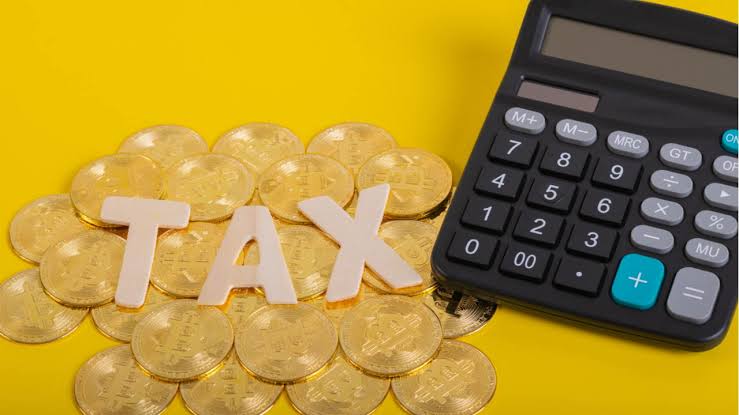The rise of cryptocurrency has brought about a new era of financial innovation, but it also raises important questions about tax implications and compliance. As the use of cryptocurrency becomes more widespread, it’s essential to understand the tax laws surrounding these digital assets. In this blog post, we’ll provide guidance on the tax implications of cryptocurrency and offer tips on how to ensure compliance.
What is Cryptocurrency for Tax Purposes?
For tax purposes, cryptocurrency is considered property, not currency. This means that the same tax principles that apply to property, such as capital gains and losses, also apply to cryptocurrency. The Internal Revenue Service (IRS) has issued guidance on the tax treatment of cryptocurrency, which is outlined in Notice 2014-21.
Tax Implications of Cryptocurrency Transactions
There are several tax implications to consider when buying, selling, or trading cryptocurrency. Here are a few key points to keep in mind:
- Capital Gains and Losses: When you sell or trade cryptocurrency, you may be subject to capital gains or losses. If you hold the cryptocurrency for one year or less, any gains are considered short-term capital gains and are taxed as ordinary income. If you hold the cryptocurrency for more than one year, any gains are considered long-term capital gains and are taxed at a lower rate.
- Income Tax: If you receive cryptocurrency as payment for goods or services, it is considered taxable income. You must report the fair market value of the cryptocurrency on your tax return.
- Mining Income: If you mine cryptocurrency, the income is considered taxable and must be reported on your tax return.
- Gift Tax: If you give cryptocurrency as a gift, you may be subject to gift tax. The recipient of the gift is not subject to tax, but the donor may be required to file a gift tax return.
Tax Compliance for Cryptocurrency
To ensure tax compliance, it’s essential to keep accurate records of your cryptocurrency transactions. Here are a few tips to help you stay compliant:
- Keep Accurate Records: Keep a record of all your cryptocurrency transactions, including the date, time, and amount of each transaction.
- Use a Cryptocurrency Tax Calculator: There are several cryptocurrency tax calculators available that can help you calculate your capital gains and losses.
- Consult a Tax Professional: If you’re unsure about how to report your cryptocurrency transactions on your tax return, consult a tax professional.
Cryptocurrency and taxes can be a complex and confusing topic, but it’s essential to understand the tax implications and comply with tax laws. By keeping accurate records, using a cryptocurrency tax calculator, consulting a tax professional, and filing the correct forms, you can ensure that you’re in compliance with tax laws and avoid any potential penalties.
Remember, the tax laws surrounding cryptocurrency are constantly evolving, so it’s essential to stay up-to-date on any changes or updates. With the right knowledge and tools, you can navigate the complex world of cryptocurrency and taxes with confidence.
